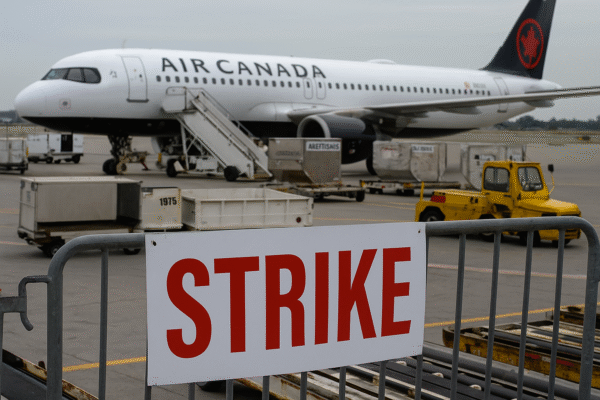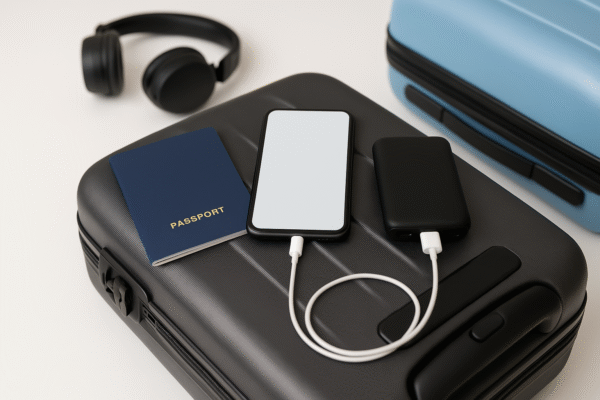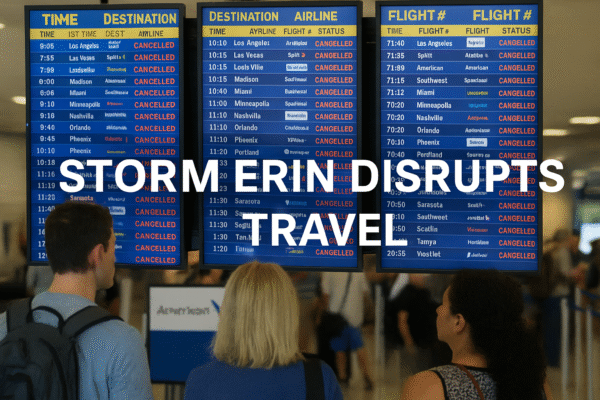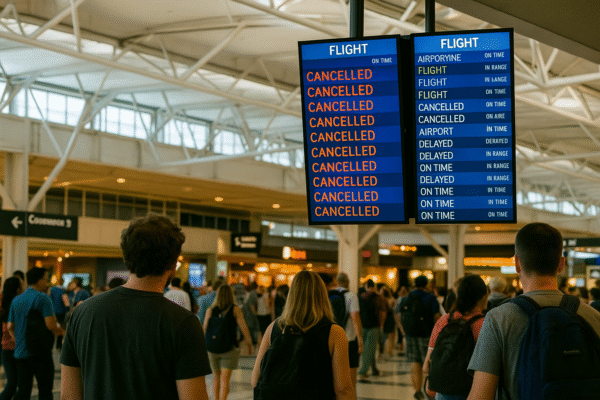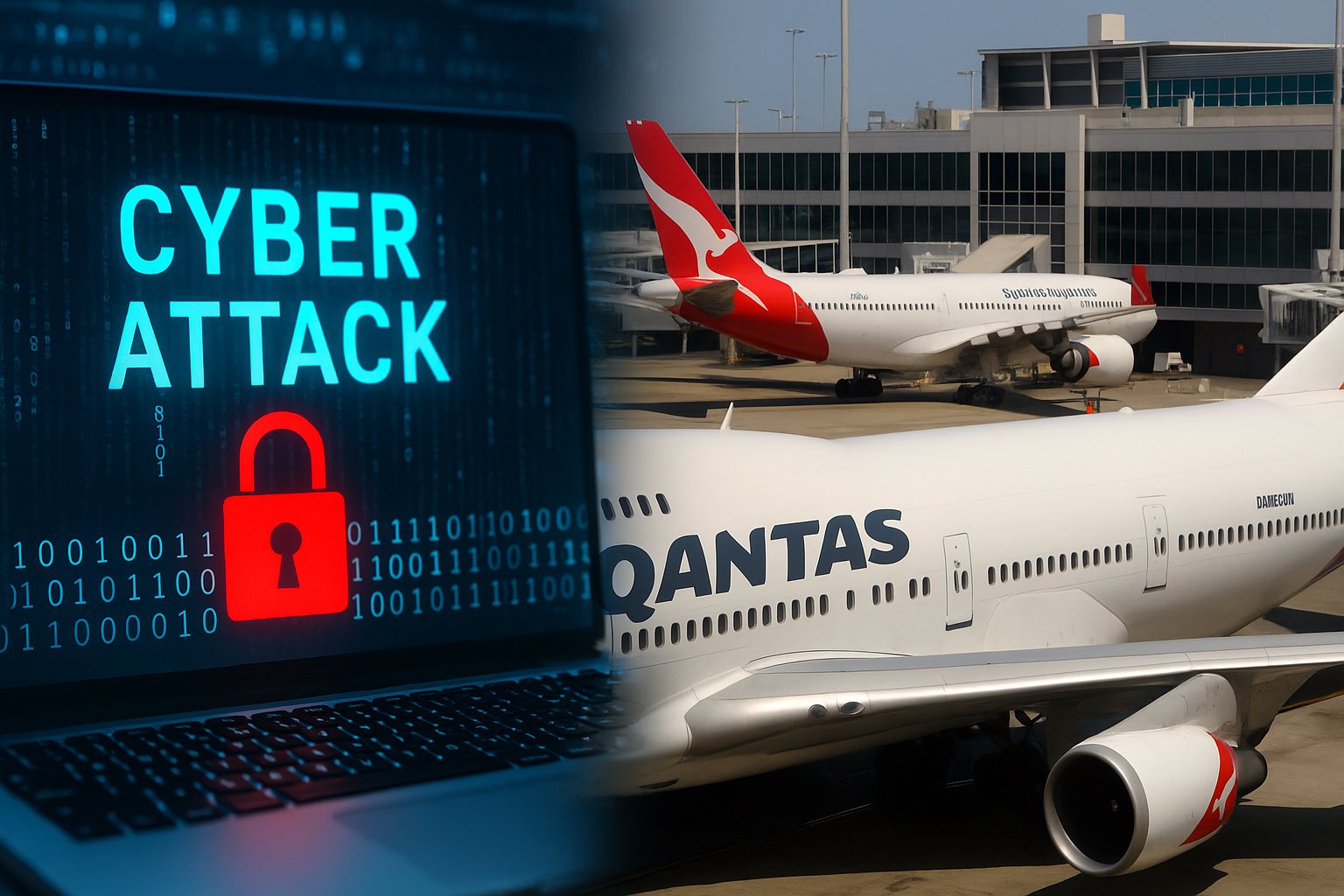In a striking reminder of the evolving threats to global aviation, Qantas Airways has confirmed a large-scale cyber attack affecting one of its third-party contact centers. The breach, detected on July 2, has compromised sensitive information of approximately six million passengers. Despite the data theft, the airline has reassured the public that its flight operations, safety systems, and day-to-day schedules remain fully secure and undisrupted.
The incident has triggered alarm bells across the travel industry, particularly in the Asia-Pacific region, as it highlights the increasing risks posed by sophisticated cybercriminal groups targeting aviation networks.
Swift Detection and Containment Efforts by Qantas
Qantas identified abnormal activity within a third-party customer servicing platform earlier this week and immediately launched a containment strategy. The compromised platform handled customer service records, prompting the airline to activate its cybersecurity response protocols.
The Australian national carrier quickly engaged forensic cybersecurity experts and is working closely with law enforcement and relevant data protection authorities. According to company representatives, the compromised system was successfully isolated to prevent further escalation, and the breach did not affect Qantas’ internal IT infrastructure or critical aviation systems.
What Data Was Compromised?
The breach involved access to non-financial but highly sensitive personal data. The information potentially stolen includes:
- Full names
- Email addresses
- Phone numbers
- Birth dates
- Qantas Frequent Flyer numbers
Qantas has clarified that financial details such as credit card numbers and bank information were not compromised. Additionally, critical account credentials like login passwords and PINs used for the Frequent Flyer program remained secure.
Nonetheless, cybersecurity analysts warn that even non-financial data can be leveraged by hackers to conduct identity theft, phishing scams, or social engineering attacks.
Affected customers have been notified and provided with safety advice, including tips for monitoring suspicious activity and securing online profiles.
Cybersecurity in Aviation: A Growing Global Concern
Qantas’ breach is the latest in a string of global cyber attacks targeting airlines. According to the FBI and Australia’s Cyber Security Centre (ACSC), a known cybercriminal group referred to as “Scattered Spider” has reportedly targeted multiple aviation companies in North America and Oceania.
Airlines including Alaska Airlines, WestJet, and Hawaiian Airlines have also been victims of similar data breaches in recent months. These incidents underline the vulnerability of airlines, which store vast volumes of valuable passenger data and are increasingly reliant on third-party digital platforms.
The International Air Transport Association (IATA) has reiterated the importance of robust cybersecurity frameworks, urging all carriers to strengthen their digital defenses and regularly audit their third-party partners.
Business Continuity Maintained Amid Crisis
Despite the cyber incident, Qantas operations remained uninterrupted. On the day of the attack, the airline executed over 800 scheduled flights as planned, according to data from aviation analytics firm Cirium. Passenger safety, baggage systems, and in-flight services remained unaffected, and no delays or cancellations were attributed to the breach.
Qantas reiterated its commitment to maintaining high safety and operational standards, even amid a cybersecurity crisis. “Our flight and safety systems are completely separate from the affected platform,” a spokesperson said. “Passenger safety was never at risk.”
Qantas’ Cybersecurity Response and Next Steps
In response to the breach, Qantas is implementing advanced data protection protocols across its digital architecture. The airline is working to:
- Conduct a full-scale forensic investigation
- Enhance third-party platform vetting procedures
- Strengthen data encryption and monitoring capabilities
- Improve customer awareness on cyber hygiene
The airline has promised to remain transparent with affected customers and public regulators, reinforcing its accountability. It is also considering extending identity protection services and offering guidance to Frequent Flyer members for added reassurance.
A Cautionary Tale for the Industry
The Qantas cyber attack sends a clear message: the aviation industry must act urgently to address its digital vulnerabilities. As airlines increasingly rely on data-driven operations and external platforms, they must invest in cybersecurity not as a technical necessity, but as a critical pillar of customer trust and brand integrity.
Cybersecurity experts suggest this breach may serve as a turning point for aviation regulation, pushing government agencies and global aviation bodies to mandate stricter compliance protocols for digital infrastructure.
Customer Safety First: What Travelers Should Do
Qantas has urged its customers—particularly Frequent Flyer members—to remain alert in the coming weeks. Travelers should:
- Monitor account activity regularly
- Avoid clicking on suspicious emails or links
- Enable multi-factor authentication (MFA) where available
- Report phishing attempts immediately
The Australian Competition and Consumer Commission (ACCC) and the Office of the Australian Information Commissioner (OAIC) have also released public advisories in response to the breach.
Conclusion
As the skies remain safe and flights continue without disruption, the Qantas cyber attack underscores a deeper vulnerability in the digital foundations of global travel. With six million passengers affected, the incident is a wake-up call—not only for airlines, but for every stakeholder in the travel and hospitality ecosystem.
Qantas’ rapid containment and transparency may prove to be an industry benchmark, but it also raises one unavoidable truth: in the modern travel era, digital trust is as important as physical safety.
For more travel news like this, keep reading Global Travel Wire




